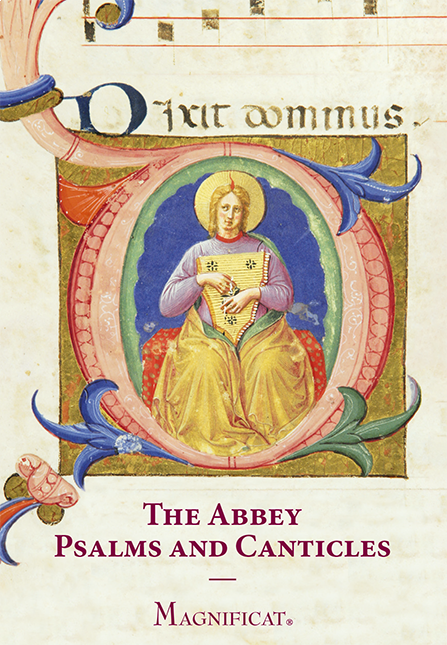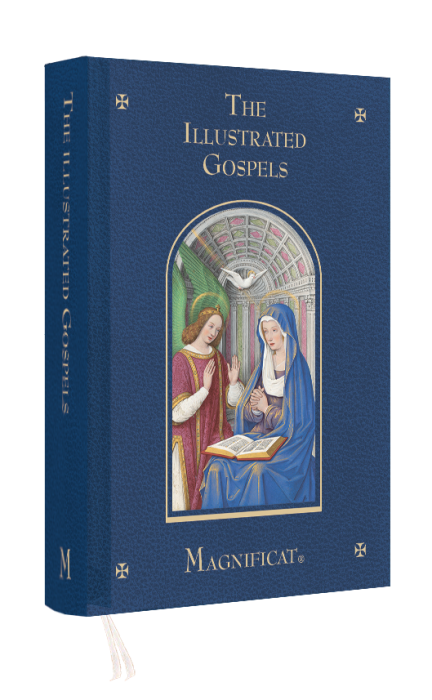The trash cans sat about forty yards from the house, protected from raccoons by a heavy wooden casing with a sturdy latch and a lid that crashed shut if you let it go. We lived in the middle of five acres of woods, so when it got dark, it got dark, and the cans lurked outside the reach of the front porch light, waiting in the gloom. It was often my job to take out the trash. To the mind of an eight-year-old boy, a lot could happen in forty yards. It seems a bit ridiculous now, but the moment when that wooden lid crashed shut was always one of pure, fear-soaked adrenaline. I don’t think I ever sprinted faster than I did at those times, tearing back to the house, hurtling through the dark.
Death is a lonely thing, a frightening thing (when we let ourselves think about it). It is a stepping off into the dark, into what is unknown. But Jesus Christ, our Good Shepherd, comes to walk with us in that dark stretch between the deathbed and our hoped-for heavenly home. Even though I walk through the valley of the shadow of death, I fear no evil; for you are with me (Ps 23:4). Viaticum (the Latin word itself refers to provisions taken on a journey) is the sacrament of the Eucharist for those in danger of death. Through it Jesus Christ himself comes to dwell within us, comes to be our companion where no one else but he—the conqueror of death—can go with us.
The Church describes Viaticum as “the seed of eternal life and the power of resurrection” (CCC 1524). Those are strong words, but we can say them because of what the Eucharist is: Jesus Christ, our God and Savior who “overcame the sting of death and opened the kingdom of heaven to all believers” (the Te Deum). Viaticum applies to the dying Christian the Lord’s Eucharistic promise that whoever eats my flesh and drinks my blood has eternal life, and I will raise him on the last day (Jn 6:54).
The Church so insists on the significance and importance of Viaticum that she stipulates in canon law that “the Christian faithful who are in danger of death from any cause are to be nourished by Holy Communion in the form of Viaticum,” adding that “even if they have been nourished by Holy Communion on the same day, however, those in danger of death are strongly urged to receive Communion again” (CIC 921, §1–§2). Ensuring that our loved ones have access to this sacrament is the greatest gift we can give them in their final hours. Even though we cannot walk with them across the threshold of death, we should call for a priest to bring Viaticum so that our Lord can be with them, so that, in the truest sense, they will not face death alone.
If someone joined me when I took the trash out, those forty yards through the dark lost their terror. Just having someone there emptied the dark of its power. In Viaticum, Christ himself, the Light of the world, comes to walk beside us. Actually, even that is too weak a way to put it. In the Eucharist Christ unites us to himself, placing his love, his light, his life within us. The Lord my God lightens my darkness (Ps 18:29). For I am sure that neither death, nor life, nor angels, nor principalities, nor things present, nor things to come, nor powers, nor height, nor depth, nor anything else in all creation, will be able to separate us from the love of God in Christ Jesus our Lord (Rom 8:38-39).
(Father Jonah Teller, o.p., is a Dominican priest of the Province of Saint Joseph.









